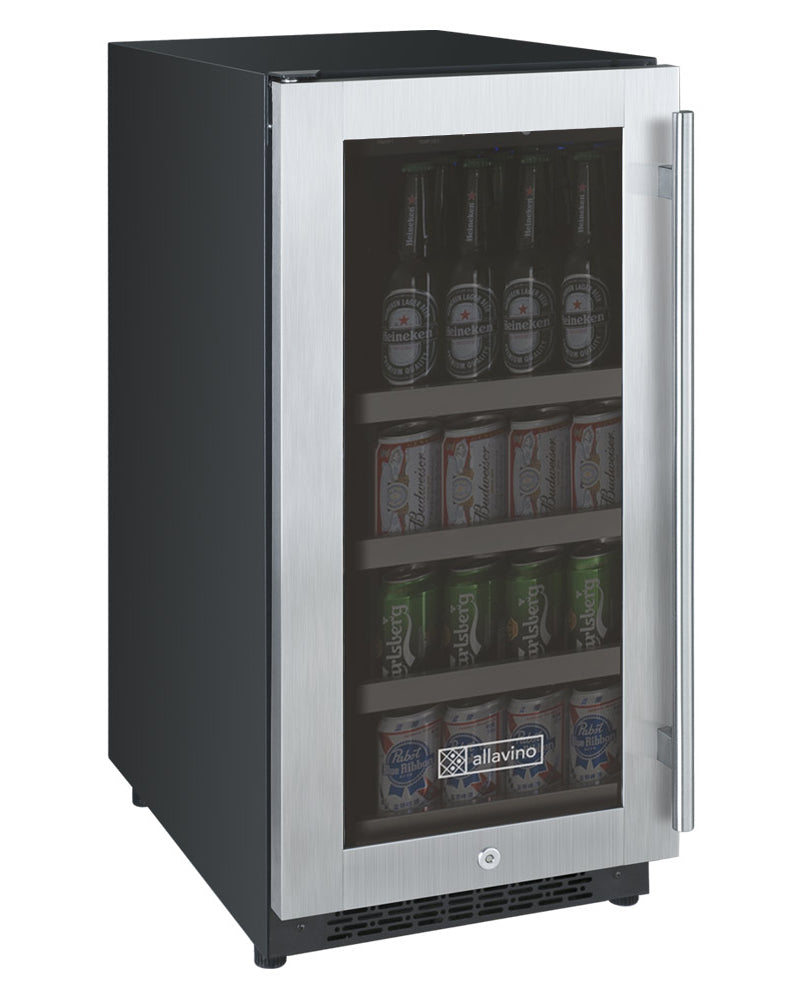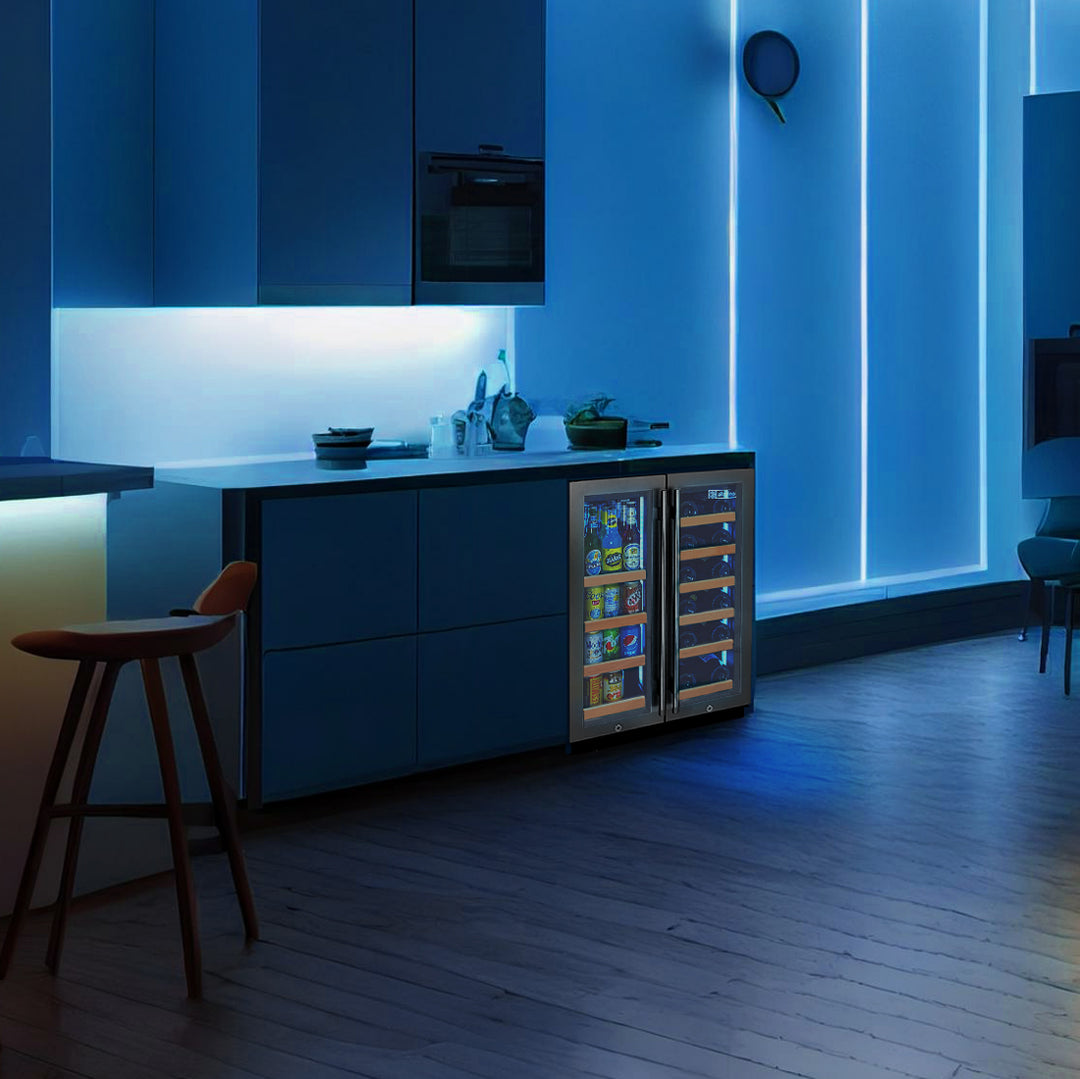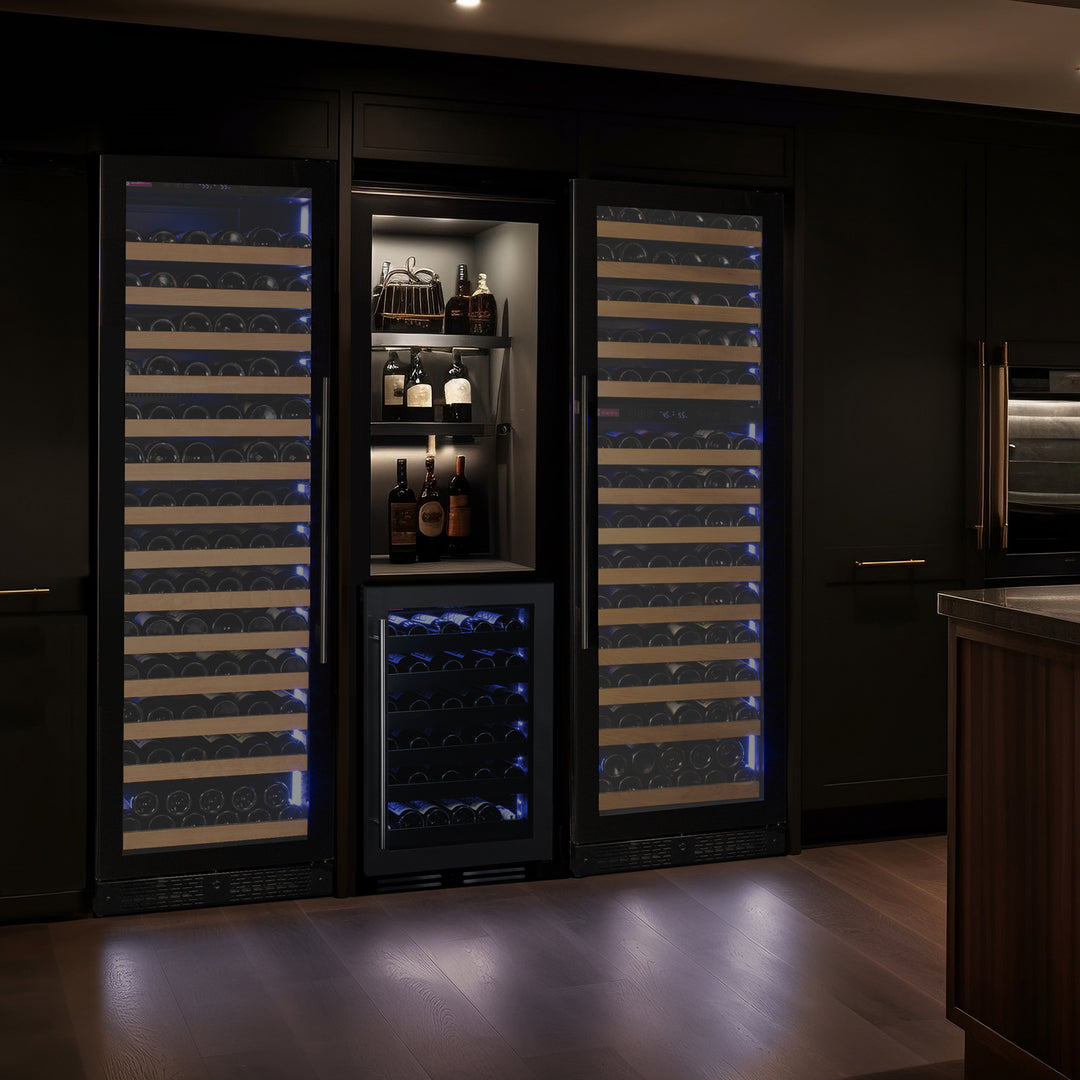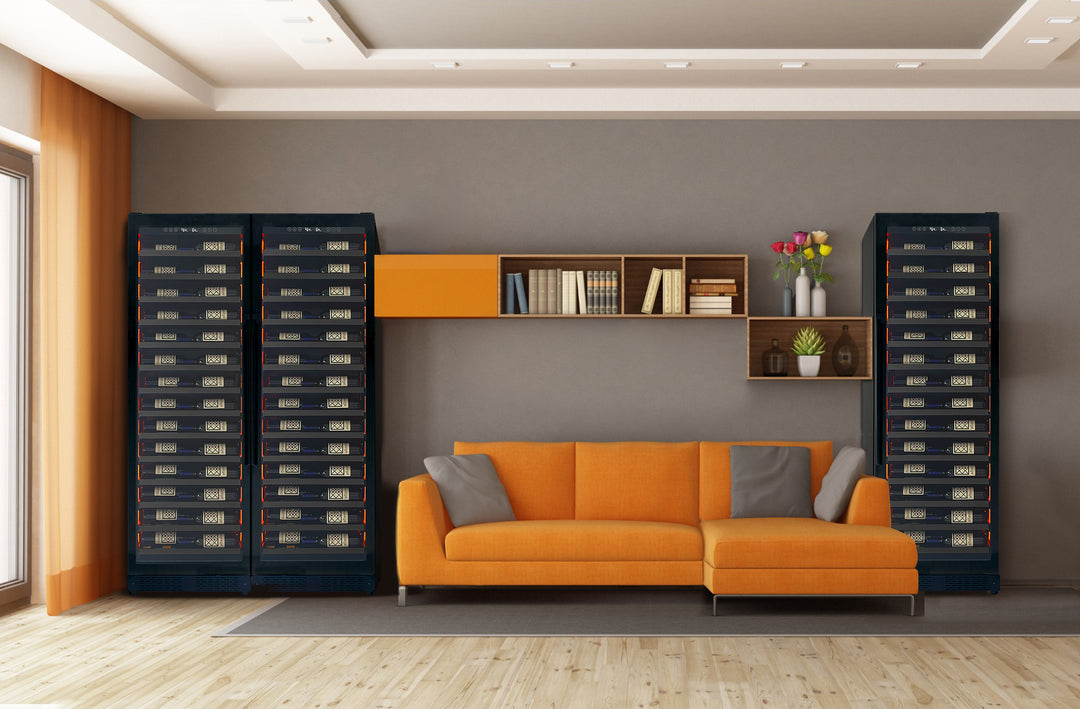The 5 Top Factors That Ruin A Wine As It Ages
Some people collect stamps, some people collect seashells, but no collection is more finicky than a wine collection. Not only do you have to find space for a wine collection, but wine collection is also extremely high maintenance and these 5 factors will be the bane of your wine maturation. Even those who want to store wine to serve, need to be wary of these factors because they can easily and quickly ruin your wine.
Interested in properly storing your wine, read about 5 Reasons Why You Should Get A Wine Refrigerator and Single vs. Dual Zone Wine Refrigerators.

1. Temperature
What a beautiful day! It’s 70 degrees and sunny and if you’re a bottle wine, you’ll want to run to a cold dark place and hide. There’s nothing more damaging to wine than temperature! High temperatures and even temperature fluctuations can cause your wine to suffer from stunted flavor growth or even worse, prematurely age your wine.
Temperature can drastically change the flavor of your wine, which is why investing in a high-quality wine refrigerator is extremely important for maintaining a comfortable storage temperature for your wine to successfully mature. Older wines are more sensitive than young wine to temperature fluctuations.
Maintaining a consistent and constant temperature is vital to the lifespan and taste of your wine. Ideally, you want to maintain a constant temperature anywhere between 50° and 59° for serving or preserving your wines. Depending on your geographical location and the temperature you keep your home, even storing wine at room temperature can cause changes.
To store wine properly for aging, temperatures shouldn’t fluctuate beyond a couple of degrees, even small changes in temperature can cause a fine wine to be altered. Allavino wine refrigerators contain innovative compressor technology that allows the wine coolers to maintain a steady temperature. With fan-forced cooling technology, the interior of the wine cooler is evenly and consistently cooled.

2. Humidity
Wine is very particular when it comes to being housed and it likes a moderate amount of humidity. The humidity levels can affect a wine’s flavor potential and ideally, for long-term wine storage, your humidity should be at about 70%.
Lower humidity conditions can cause the cork to shrivel up and dry out, allowing oxygen to enter your once perfectly sealed wine bottle. When stored properly, the humidity will ensure the cork will stay properly expanded and maintains the tight seal needed to preserve the wine.
Not everyone’s home is suitable for long-term wine storage, which is why wine refrigerators have become so popular. Thanks to the heavily insulated cabinet of the wine cooler, along with the steady temperature control, and UV protecting tinted glass, your wine will be perfectly preserved in a wine refrigerator. We can’t all have a wine cellar with the perfect conditions but we can all have a wine refrigerator where we can create the perfect wine aging conditions!

3. Light
Like a vampire, wine wants to avoid sunlight because it absorbs the radiation and it will alter the flavors in your wine. This is why you often see wine packaged in tinted or dark-colored bottles. The glass acts as a filter, like sunglasses for your wine and helps prevent the breakdown of your wine over time.
However, it isn’t only UV rays that affect the storage of your wine. Fluorescent lighting can be equally as damaging. This is why storing your wine in a wine refrigerator also helps with the longevity of your wine. Many wine coolers have a tinted UV protecting glass door, that allows you to still display your collection while protecting it.

4. Movement
A little known fact about wine preservation is that movement or vibrations can greatly affect the aging process of wine. Movement or even minor vibrations can affect the sediment formation, leaving particles suspended in the wine.
Younger wines are a bit more resistant to the damages of movement, however, older wines can be irreversibly damaged from these vibrations. A wine refrigerator maintains the quality of your wine by reducing vibrations with anti-vibration technology. The shelves cradle your bottles to prevent rolling or any additional movement.
Rolling or gliding shelves inside a wine refrigerator prevent vibrations from occurring during the removal of bottles or placement of bottles in the unit. With the vibration-absorption technology, storing wines in a wine refrigerator is an ideal method of storage for wine maturation.

5. Exposure
Finally, the most obvious danger to your wine preservation is exposure to air or oxygen. Oxidation is the process that occurs to all living things, including your wine. Oxidation is the breakdown or aging of a living thing by oxygen. In the case of wine, exposure to air causes a series of chemical reactions that will change the aroma and taste of your wine.
As soon as the seal or cork is broken or removed on a wine bottle, the contents are exposed to air and the taste will immediately begin to change. Over time, this will be a dramatic change in flavor and eventually be the demise or expiry of your wine. Older wines will be greatly affected by even the most limited exposure. This is why it is important to properly store your wine in ideal conditions.
When stored in ideal conditions, the cork of an older bottle of wine is less likely to breakdown and expose the wine to oxygen prematurely. This means you will be able to enjoy your wine when you’re ready and you will be enjoying it at its peak. Exposure is one of the most detrimental and most immediate factors that affect a wine’s aging, which is why storage in a wine refrigerator is so highly recommended.
Need help finding the right wine storage solution for you? Contact us at 888-980-4809 to speak to a product specialist.






Hello allavino.com owner, Your posts are always insightful and valuable.
Leave a comment